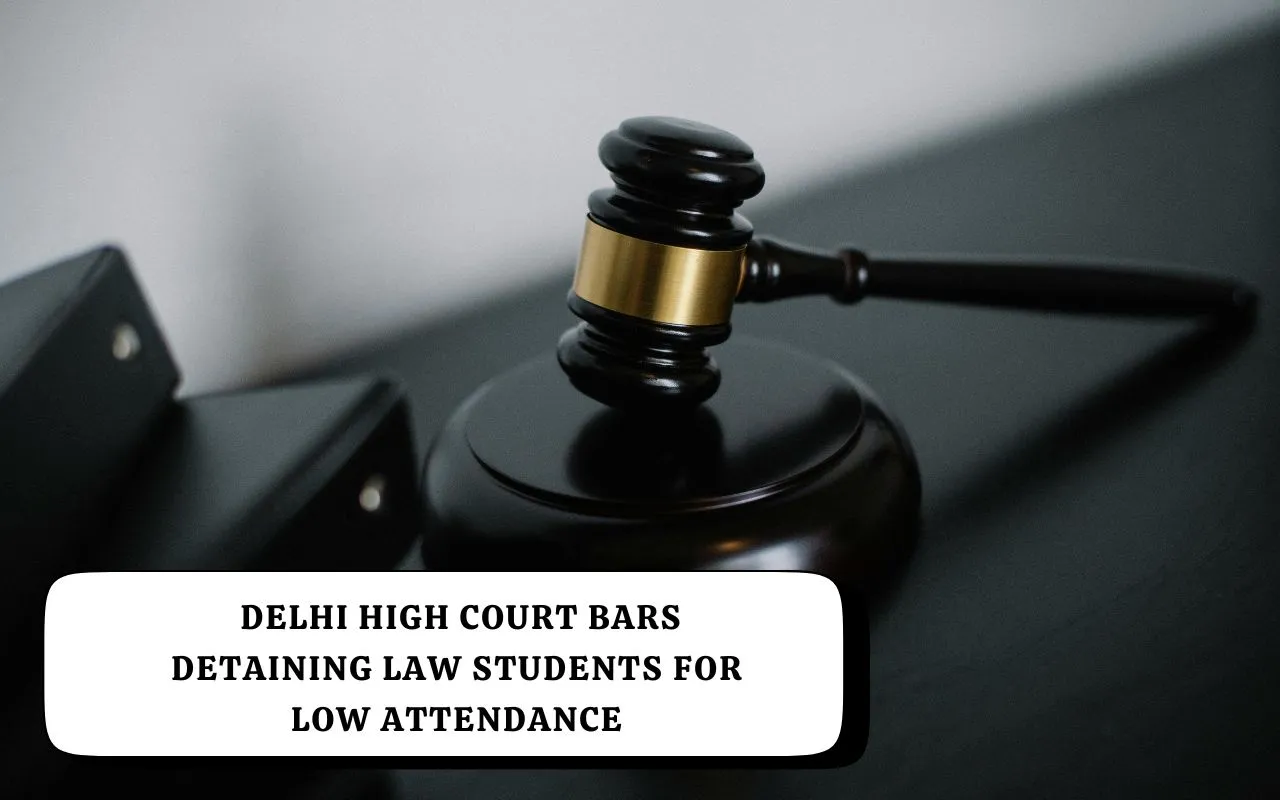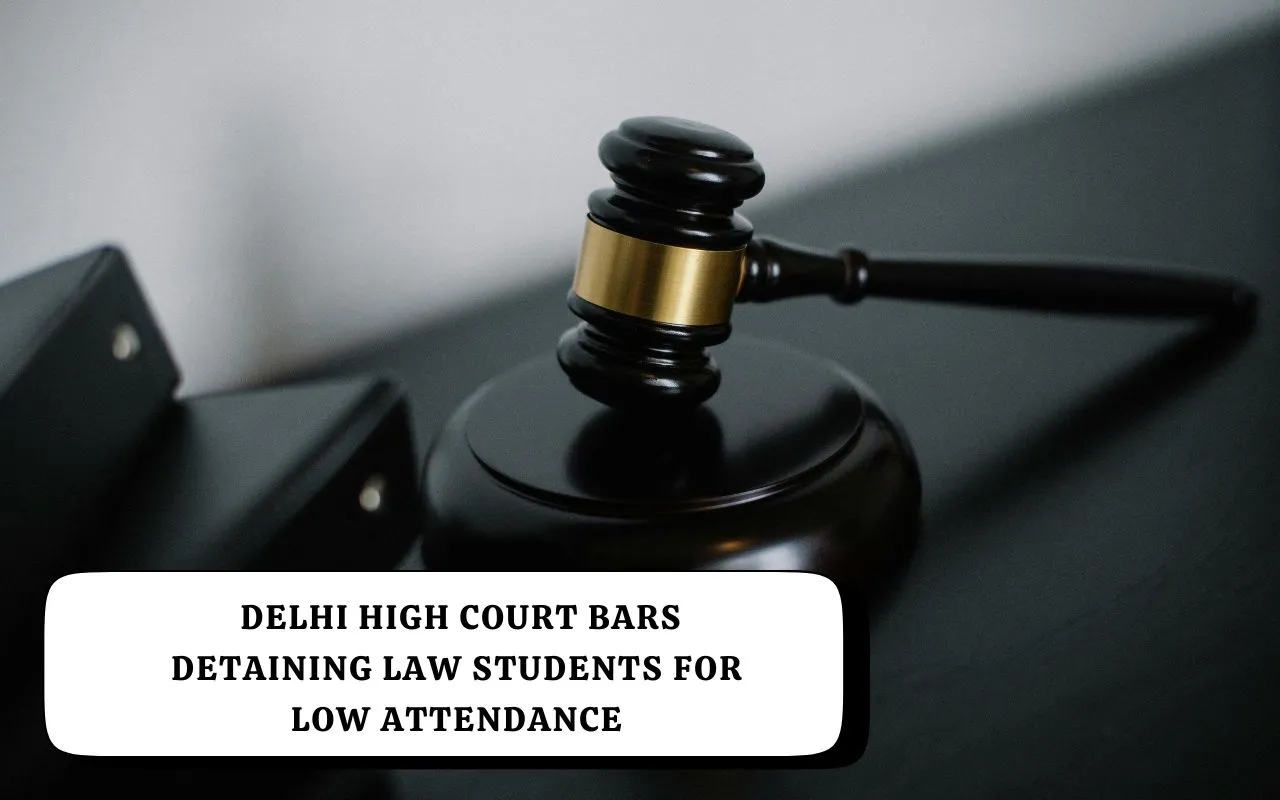

The Delhi High Court has ruled that no law student in India can be barred from appearing in examinations for failing to meet minimum attendance requirements.
A bench of Justices Prathiba M Singh and Amit Sharma issued the directive while disposing of a suo motu petition, originally initiated by the Supreme Court, following the 2016 suicide of law student Sushant Rohilla. Rohilla, a third year student at Amity University, reportedly took his own life after being prevented from sitting for semester exams due to insufficient attendance. He left a note expressing despair and a sense of failure.
Attendance Rules Must Safeguard Students
The court emphasized that educational norms, particularly in legal studies, should not be enforced so rigidly that they cause mental distress or jeopardize the life of a student. It stated that a shortage of attendance cannot be a reason to withhold a student’s promotion to the next semester.
The bench directed the Bar Council of India BCI to revise its attendance norms and carry out consultations with students, parents, and teachers to ensure that rules do not negatively affect the mental health of students.
Until the BCI completes this consultation, the court clarified that no student enrolled in a recognised law college or university should be detained from examinations or blocked from progressing in their academic or professional career due to attendance deficiencies. Institutions are also barred from enforcing attendance rules stricter than the minimum percentage set by the BCI.
Colleges Must Track Attendance
The court further instructed all recognised law colleges and universities offering three-year or five-year law programs to take immediate steps to monitor and improve attendance. Measures include weekly updates of student attendance on online portals or mobile apps, monthly notifications to parents or guardians regarding any shortage, and providing extra classes, online or in person, for students who do not meet the minimum attendance requirements.
